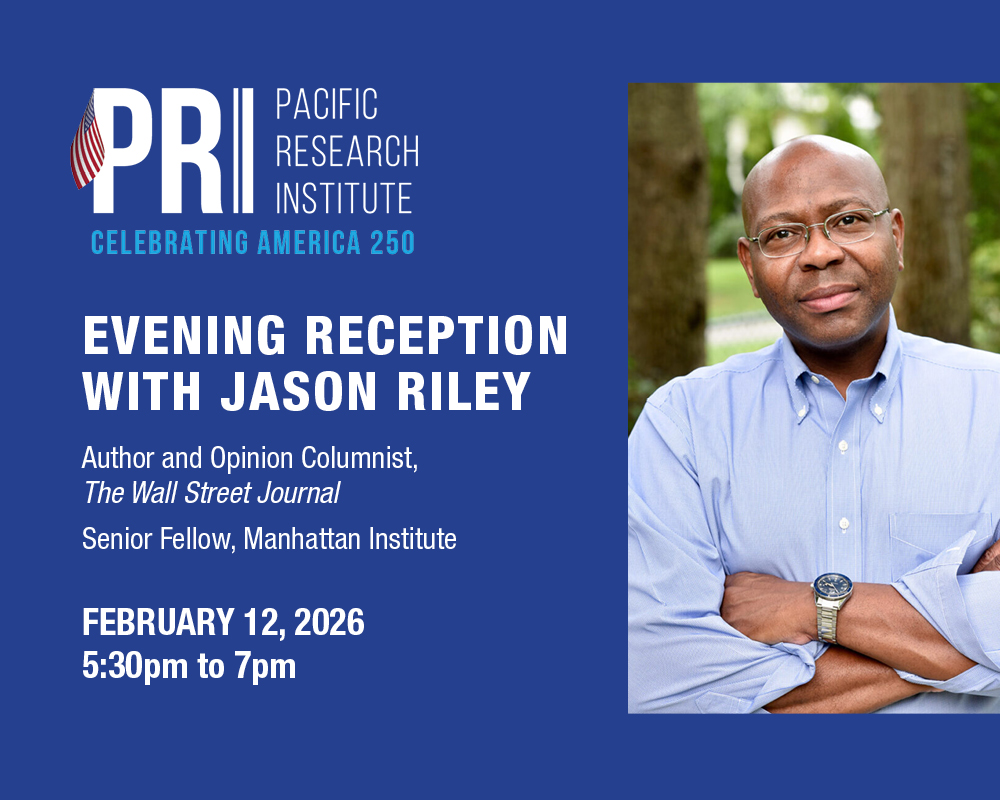Yes In God’s Back Yard: YIGBYs fight for more housing
by D. Dowd Muska | October 3, 2025
When it’s time to thwart an unwanted land use, NIMBYs (Not In My Back Yarders) consult a list of hardy perennials.
Parking. Traffic. Crime. Noise. Property values. “Preserving the character of the neighborhood.”
And … devil worship?
That’s a new one, but it was employed earlier this year, by a foe of House Bill 2191. The legislation would have allowed, subject to several requirements, any Arizona religious entity “located in an area that is zoned … for single-family residential use” to build single-family housing developments. Diluted from its initial version, which would have greenlit apartment complexes as well, the bill faced boilerplate resistance—e.g., the president of the North Central Phoenix Homeowners Association charged that it was “very loosely written,” contained “a lot of holes” and was a recipe to “turn our streets into parking lots.”
But state Rep. Lupe Diaz, R-Benson, offered a downright demonic justification for his opposition. A pastor himself, the solon claimed that since the “the general public” would be eligible for residency, a “witch coven” or “Satanists” might take advantage of churches’ well-intended efforts to expand affordable housing.
A unique allegation, to be charitable, but Diaz’s dread demonstrated the hostility the Yes in God’s Backyard (YIGBY) movement often faces. The Mercatus Center recently surveyed “the number and strength of new laws intended to unlock homebuilding.” The think tank concluded that YIGBY was “stuck in purgatory,” with “only two of 18 … bills” passed “in the past 12 months.” Notable defeats beyond Arizona included Colorado, Texas, New York, Minnesota and Kentucky. Massachusetts House and Senate bills have failed to gain traction.
YIGBY began in an unlikely place: California. About a decade ago, San Diego’s Clairemont Lutheran Church decided to add a housing component to their fellowship hall’s remodeling project. Miles of red tape—notably, the city’s per-pew parking mandate (seriously)—stood in the way. Aided by a retired attorney, a real estate agent and the county’s tax assessor, church leaders spread the word locally, statewide and throughout the nation. More and more, faith communities saw themselves as part of the solution to the nation’s affordable-housing crisis, and began to lobby for zoning relief at the local and state levels.
YIGBY is, to a substantial degree, the product of the “dechurching” of America. The Pew Research Center’s latest Religious Landscape Study, conducted between July 2023 and March 2024, found that only a third “of U.S. adults say they attend religious services in person at least once a month.” Celebrated by some, condemned by others, the phenomenon does not appear to be receding.
A July analysis by The Heritage Foundation summarized that during “the past five decades, weekly and monthly attendance of religious services has declined significantly, while the share of Americans who never or rarely attend has doubled.” On-site worship “has declined for both the young and old alike, for both men and women, for blacks, whites and Hispanics, and among both married and never married adults.” Nearly “half of U.S. adults either never attend religious services or attend less than once a year.”
The infrastructure impact is obvious. As Multi-Housing News’ Lew Sichelman put it: “[C]ongregations continue to see their flocks diminish, [and] some churches are discovering that they have more land than they need. Some have excess parking, others have unused space on their sprawling campuses and still others may have a non-contiguous lot away from their main buildings.”
California’s notoriously horrific housing costs, and the state’s role as the place where YIGBY was born, made politicians receptive to reforms that foster the repurposing of religious facilities. In October 2023, Gov. Gavin Newsom signed Senate Bill 4, which opened “over 170,000 acres for affordable housing by allowing faith institutions (such as churches, synagogues, and mosques) … to build affordable housing on their property by-right, even if local zoning prevents this housing.”
Beyond the Golden State, YIGBY has won the support of many activists, but not enough legislators. Take this year’s attempt to pass a law in the Centennial State. The Colorado Municipal League was a key player in House Bill 1169’s defeat. Thundering that “nothing” in the bill prevented religious “institutions from focusing on luxury developments that do not help solve our housing crisis,” and speculating that “other entities could take advantage of YIGBY by forming a faith-based organization for only a few years before bypassing zoning ordinances,” the taxpayer-funded lobbying shop derided the legislation as “aggressive, untested, and unconstitutional interference that relies on preemptions, not partnership.”
In the Lone Star State, even the endorsement of the Texas Catholic Conference of Bishops wasn’t enough. Lawmakers in Austin, who approved a number of housing-deregulation measures in 2025, took a pass on YIGBY bills sponsored by both Democrats and Republicans.
The setbacks are discouraging, but in June, YIGBY scored a giant win in Florida. As part of a larger legislative package, Tallahassee authorized “housing that is affordable, including mixed-use residential, on any parcel owned by religious institutions.” Bipartisanship assisted enactment. State Rep. Lindsay Cross, D-St. Petersburg, was named as a “Housing Champion” by the Florida Housing Coalition for her role in shepherding the bill, which was signed into law by Gov. Ron DeSantis, a Republican.
Equally import, for advocates of limited government, is what SB 1730 did not do. Moneywise observed that the law “doesn’t include state funding, tax credits, or guidance for navigating development,” leaving “religious organizations on their own to secure financing, hire builders, manage timeline and handle legal and regulatory details.”
Market Urbanism’s Eli Kahn notes that it would be “a mistake to expect YIGBY to solve the housing crisis on its own,” but nonetheless, it “can broaden the housing abundance coalition and let reluctant state lawmakers take a first step into preemption of local zoning ordinances.” Any policy reform that unites Newsom and DeSantis is progress.

